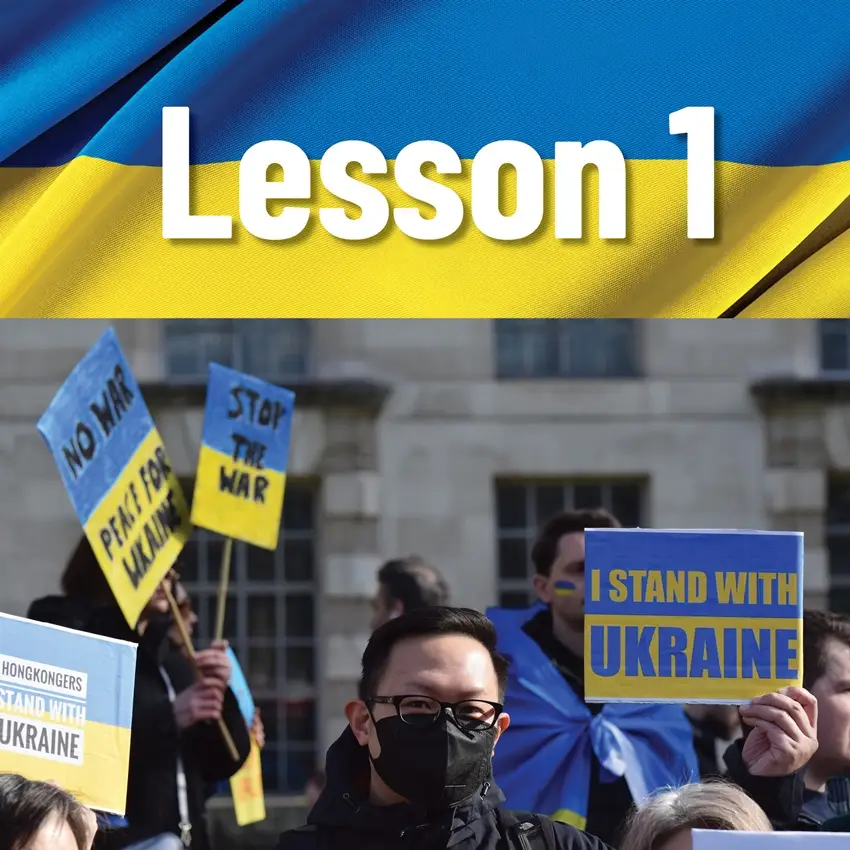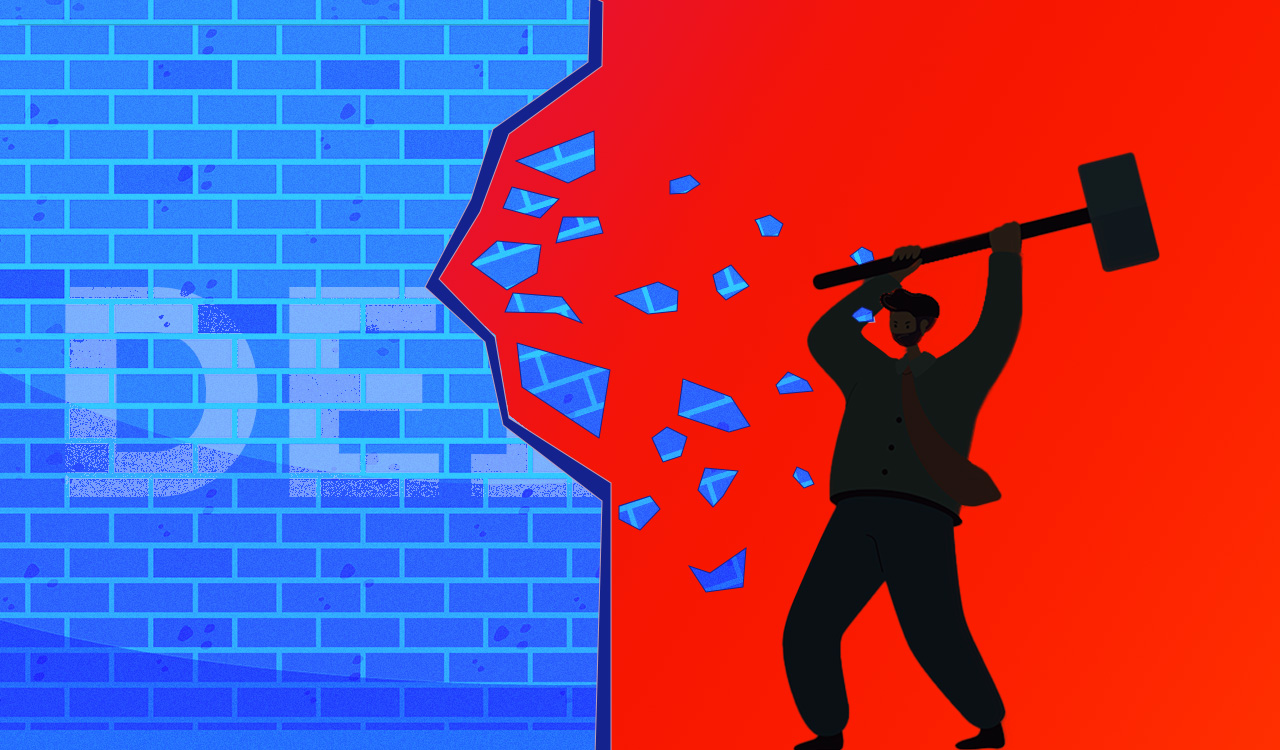Editor’s Note:
Arick Wierson, a columnist for The Robin Report, has undertaken the formidable task of dissecting and analyzing the broad and far-reaching consequences of Russia’s invasion of Ukraine as it relates to global retail. Understandably, we are presenting Wierson’s commentary into serialized lessons. This is the first of a three-part series,
Lesson 1: History Doesn’t Repeat Itself … nor Does it Necessarily Rhyme
Since it came out in 2020, Morgan Housel’s The Psychology of Money, has sold more than one million copies and has been translated into more than 30 languages. However, unlike a typical book of insights about personal finance, Housel approaches the subjects of money, savings, investing and related topics through the prism of psychology and emotion. One of the simplest, yet utterly profound morsels of wisdom from his book is this: “Things that have never happened before happen all the time.”
Housel’s observation stands in stark contradiction to the much more commonplace riff of a quote generally attributed to American humorist and author Samuel Clemens (aka Mark Twain): “History does not repeat itself, but it does often rhyme” – a maxim that seems almost tautological in nature but on closer examination proves utterly useless in its applicability.
So often, those of us in the media who parse through current events look to history to try and find parallels or universal truths that can be applied to provide greater understanding of events unfolding around us which seemingly make no sense. After all, looking for patterns is part of what makes us human, but in the fast-moving world we inhabit it is a practice increasingly fraught with peril. In fact, our primordial need to find meaning and linkages between unconnected events can become such a problem that we even have a word for it: apophenia – the tendency to perceive meaningful connections between completely unrelated things. Believing that the past is prelude might make us feel better, but seldom does it cross our collective minds that things we may be witnessing or experiencing are, literally, unprecedented.
Making Sense of History
Over the past couple of years, this unavailing exercise of comparing historical events with contemporaneous crisis was on full display during the darkest days of the global pandemic. How many times in the last two years did we hear about the Spanish Flu in the context of Covid-19? What Can the 1918 Flu Pandemic Tell Us About the End of Covid? asked a recent headline from AARP. In a similar piece by CBS News entitled Lessons from the 1918 Spanish Flu epidemic the author asked: “Has history taught us anything?” Other than delivering similar death tolls, economists and doctors alike struggle to find any meaningful or actionable takeaways that can be harvested from drawing parallels between the two pandemics.
In the century since the Spanish Flu ravaged the world, extraordinary advances occurred in medicine, science, and epidemiology. The world of 2020 versus that of 1918 presents a vastly different multipolar geopolitical framework. Travel, information, and commerce in the modern era are so different than they were a hundred years ago that any meaningful historical comparisons between the two eras are really the sole dominion of armchair theorists and coffee klatch gadflies.
Yet here we are again. The same sort of reasoning that history somehow should be ‘rhyming’ is now once again gainfully employed as the world searches for answers to the ongoing conflict in Ukraine. Dueling headlines in the same edition of a newspaper frequently wonder out loud about possible off ramps that will enable Russia’s invasion to come to a swift end while also questioning if this is the beginning of World War III. Cable news pundits invoke historical precedents in attempting to explain the current crisis. Whether it’s lessons from the Cold War or vestiges of Tsarist thinking that dwell in Putin’s prefrontal cortex, seemingly everyone with a megaphone looks backwards for a way forward as they search for possible theories as to how this will all turn out.
History Hits the Boardroom
But it’s not just pundits in the media are all busy looking for parallels in the past; leaders in corporate boardrooms around the world are also feverishly conducting their own geopolitical analysis. Specifically, for consumer brands and major retailers, the conflict in Ukraine has the potential to make the disruptions of Covid look like chicken feed in comparison. And the stakes couldn’t be higher. Although we are not even a month into the Russian invasion of Ukraine, early signs point to a series of ensuing repercussions that will obliterate any previous model or framework for understanding the scale and magnitude of major armed conflict on global business.
Collateral Damage
On the one hand, Russia being economically severed from the majority of its Western trading partners is having typical cascading effects that we have all witnessed umpteen times before. For example, commodity prices on products such as wheat are surging in the US, up more than 70 percent over the same period a year ago, forecasting a global supply that will not include a Ukrainian harvest. Brent crude has similarly returned to flirt with and at times cross the $100 mark as the U,S. and Europe have made moves to cut off or reduce purchases of Russian oil. These changes and the reverberations they cause throughout interconnected global supply chains are typical of what one might expect to see when the largest country in the world invades the largest country in Europe.
Yet these somewhat predictable impacts pale in comparison to the unprecedented nature of other emerging trends associated with the conflict in Ukraine that have no discernible historical comparison. Chief among the differences in this war is how Gen Z and young millennial consumers have turned corporate CEOs and the empires they helm into unwitting economic combatants in the conflict. Traditionally, brands that do business with countries that have questionable human rights or are considered pariahs on the international stage have been able to adroitly circumvent the implicit moral hazards in navigating matters of trade and state. But if the war in Ukraine has taught us anything in its opening salvos, it’s that such conventional wisdom is no longer valid.
One cannot hail an Uber without being besieged by pop-ups on the app cajoling you to donate to Ukraine. Apple, Ikea, McDonald’s and countless other brands are saying nyet to doing business in Russia. Even Twitter users are encouraging Elon Musk to deactivate all Teslas in Russia, essentially holding them hostage until the country’s invasion of Ukraine comes to an end.
Economic Policy
And here is where the rubber meets the road, metaphorically speaking. If we look to conventional wisdom for guidance, trade between nations is supposed to be good for democracy as peace and prosperity go hand in hand. However, one has to question if this mindset that has permeated so many Western boardrooms has prompted some corporations to become greedy, opting for short-term financial gains. But if Ukraine has proven anything, it’s that this way of thinking is now a thing of the past.
The same woke capitalism that was invigorated by the Black Lives Matter movement and began to flex its muscles in the wake of the murder of George Floyd has now gone global. For all the talk of cancel culture, never before have consumers come together to cancel an entire country and its economy. Here in the U.S., foreign policy is no longer the exclusive domain of the State Department and its overseas missions; now young 20- and 30-something consumers have deputized themselves as economic ambassadors, influencing foreign policy one TikTok video at a time, using their wallets as proxy for brand loyalty.
The impact of this new dynamic of consumer wokeness on brands cannot be understated. Take Fast Retailing, the Japanese retailer that owns Uniqlo. After a torrent of heavy criticism following remarks by its chief executive, Tadashi Yanai, in which he indicated that stores open in Russia would stay open after the invasion had begun, the company was forced to do a quick and unceremonious about-face, bowing to public pressure by announcing that it too would join other major Western brands in halting operations in the country.
The role of the modern corporation in influencing the impact of this conflict is at the heart of why the war in Ukraine is unlike any other before it, and corporate leaders who look to the past for lessons may find themselves drawing the wrong conclusions.
Next Up: Lesson 2, How Ukraine will likely exacerbate the divide between the ‘haves’ and the ‘have-nots.’





